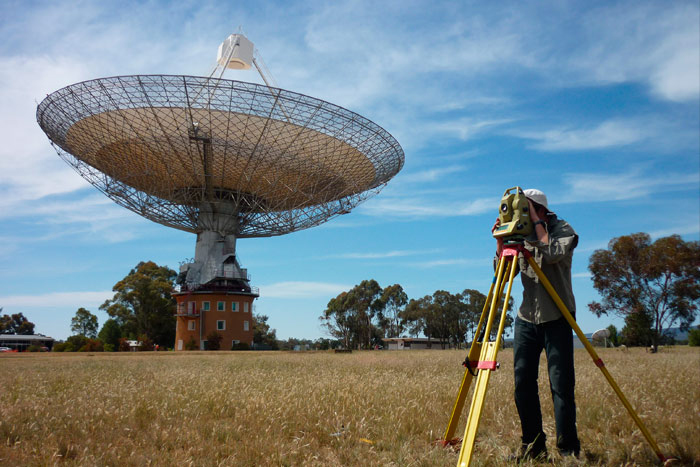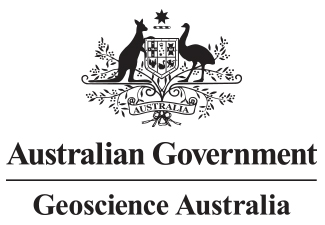News
Contributing science expertise to meet global challenges
Published:4 August 2016
Contributing science expertise to meet global challenges
Sustainable development of human society depends on economic, social and environmental challenges being addressed globally. Geoscience Australia has a crucial role to play in this, through expertise in geospatial information management.
Sustainable development of human society depends on economic, social and environmental challenges being addressed globally. Geoscience Australia has a crucial role to play in this, through expertise in geospatial information management.
Geospatial information enables us to monitor the changes in the planet on which we live and rely. It forms the foundation of technologies that support natural disaster and emergency management, industry, mapping and navigation, and location based services.

The Global Geodetic Reference Frame is a key enabler for monitoring disasters - and recovering from them. Credit: Geospatial Information Authority, Japan
The Global Geodetic Reference Frame (GGRF) provides reference points upon which this information is obtained. It is underpinned by an infrastructure that consists of globally distributed observatories and satellite tracking stations. This physical infrastructure is complemented by an internationally organised effort to consistently analyse and correct data, by teams within government and the scientific community.
The GGRF Working Group has developed a roadmap to describe how governments can contribute to the sustainability and enhancement of the GGRF. This United Nations Global Geospatial Information Management (UN-GGIM) Roadmap for the GGRF has been endorsed at the UN-GGIM 6th session in early August 2016.

The ability to position both information and objects accurately will be an increasingly important driver of productivity into the next decade.
Gary Johnson, Branch Head of Geoscience Australia's Geodesy and Seismic Monitoring Branch and Co-chair of the UN-GGIM GGRF Working Group, said "By supporting the UN-GGIM, particularly through the GGRF Framework, Geoscience Australia is able to contribute our geospatial information management expertise to crucial global agendas".
The GGRF plays a fundamental role in sustainable development goals on a global scale. Accurately georeferenced spatial information is vital for policy development as it informs everything from urban planning to emergency service response. Importantly, the GGRF underpins land management which is fundamental for economic growth.
Through this UN collaboration, Geoscience Australia is addressing global agendas while also focussing on the potential benefits for Australia.
Contact:
Phone:
Email:




